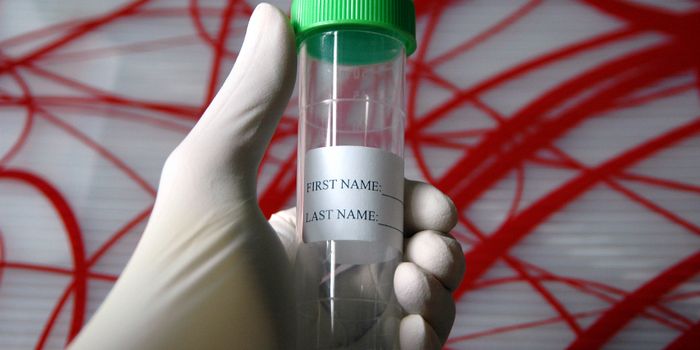Mycoplasma genitalium is a type of bacteria that was first discovered in 1981 with recent research suggesting it can be spread through sexual contact.
Scientists analysed data from Britain’s third National Survey of Sexual Attitudes and Lifestyles and saw that Mycoplasma genitalium (MG) was present in 1.2 per cent of men and 1.3 per cent of women.
The Guardian reports that scientists believe Mycoplasma genitalium is linked to infertility, pelvic inflammatory disease and ectopic pregnancy.
Urine samples of over 4,500 people were analysed in the survey with researchers concluding that the highest risk group refers to people in the 25-44 age bracket.

Experts are urging people to practice safe sex
Worryingly, most people don’t have any symptoms but those who do can experience discharge, testicular pain, pelvic pain and some women may bleed after having sex.
STI expert Dr Pam Sonnenberg, who headed up the research, spoke to the Independent UK about the findings.
She said that if doctors only test people experiencing symptoms, may people with Mycoplasma genitalium cases won’t be diagnosed properly.
“Further research is needed to understand the clinical implications of infection and possible longer-term complication.
“This information, together with information on resistance patterns to guide antibiotic choice, will inform recommendations on how to test for and manage MG infection” said Sonnenberg.
















































